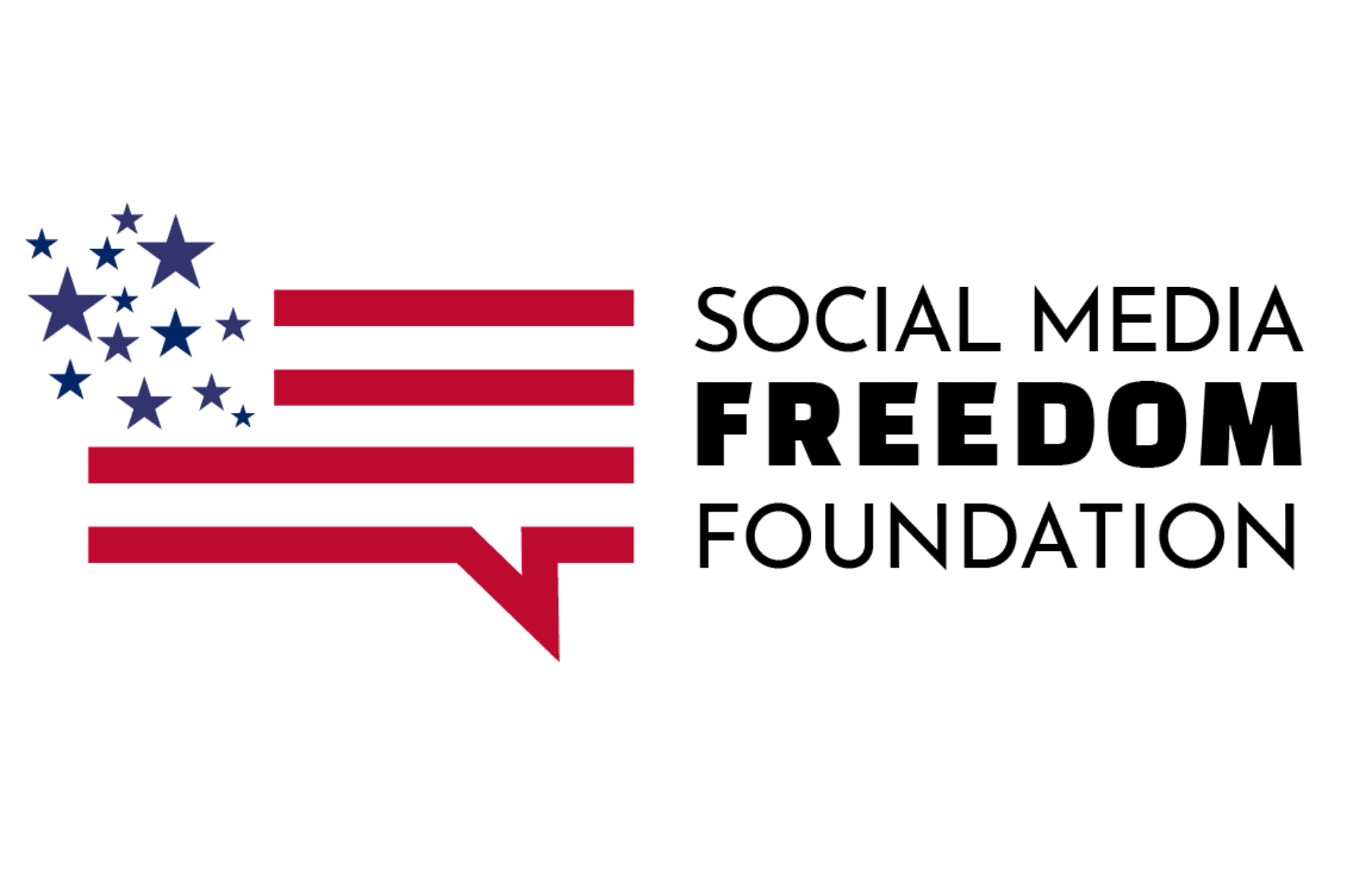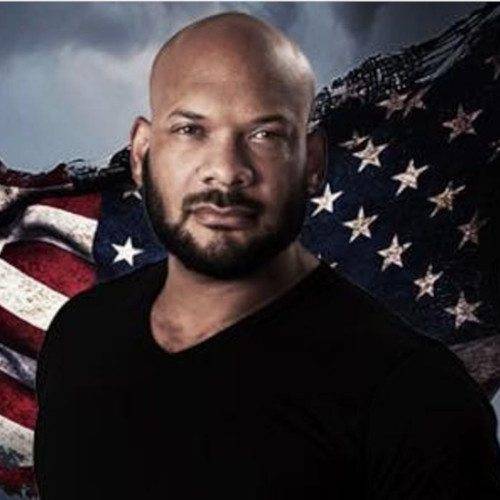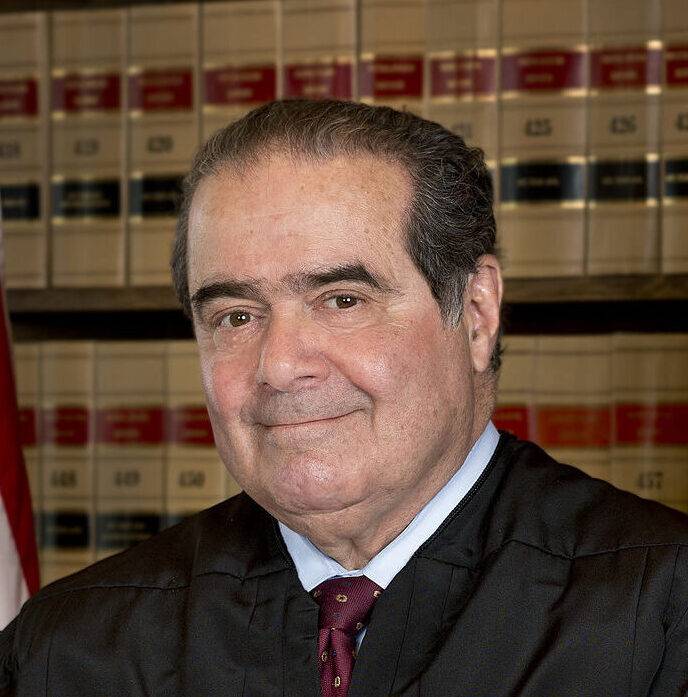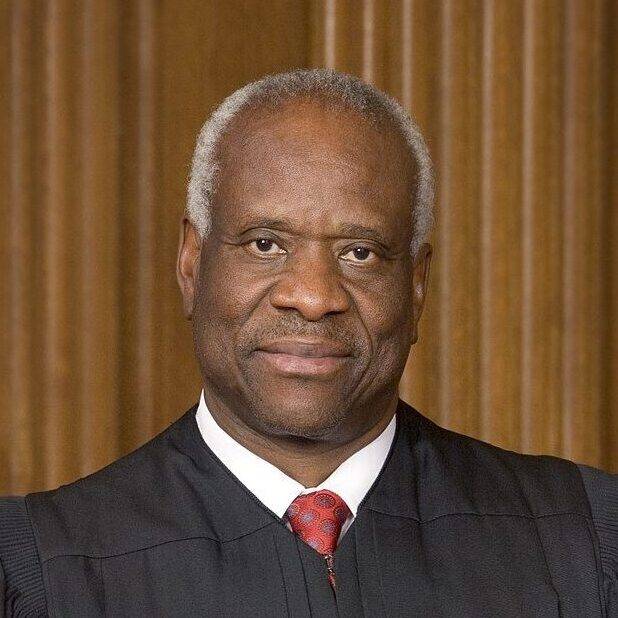Our team filed the first suit against Facebook in 2018 with Fyk v. Facebook.
Fyk vs. Facebook is a tort claim which alleged fraud, extortion, tortious interference with prospective economic advantage, and unfair competition, all of which is tortious anticompetitive conduct.
Facebook had restricted (blocked or screened) Fyk’s property (material) then restored the very same material for Fyk’s competition for Facebook’s own financial gain, not because Fyk’s content was in any way “offensive”. Facebook’s conduct was not that of a “Good Samaritan” acting in good faith to block offensive material, but in actuality for unjust financial gain.
Surprisingly, Facebook did not implement a section 230(c)(2)(a) defense but instead utilized a section 230(c)(1) defense inapplicably. Section 230(c)(1) fundamentally protects a service provider from the actions and conduct of another or so they thought.
Facebook’s defense included quotes from past cases used out of context to sway the court into believing that 230(c)(1) immunizes any and all publishing actions taken by the service provider so long as the content originated with a third party. When a service provider takes any publishing action 230(c)(1) should no longer apply. The court’s in Fyk’s case wrongly believed Facebook’s out of context case citations and granted Facebook’s motion to dismiss under the wrong subsection, further complicating the legal mess that is section 230. In fact, the Judge included an outright lie (regarding Fyk having pages dedicated to urinating) in his dismissal order, a fact which, besides being completely false, further harmed Fyk defamatorily. Fyk’s content was nothing more than humorous content.
Fyk and Callagy Law had only begun the fight. The team appealed to the 9th Circuit Court, who also wrongly determined section 230(c)(1) protects all publishing conduct without any measure of motive. Fyk and Callagy Law took the case all the way to the United States Supreme Court and it seemed as though the case was ripe for the SCOTUS to finally weigh in on section 230 but unfortunately the Supreme Court denied Fyk’s petition, a decision that set the entire nation back in regards to section 230’s misinterpretation and misapplication.
Most lesser people would have thrown in the towel but Fyk and Callagy do not quit when they know they are correct. Only four months later, a different case (Enigma v. Malwarebytes) answered the very question Fyk’s case has asked on page one of his initial complaint; “…whether Facebook can, without consequence, engage in brazen tortious, unfair and anticompetitive, extortionate, and/or fraudulent practices… .”[D.E. 1] to which his 9th Circuit panel in early 2019 determined YES then in late 2019, another 9th Circuit panel determined that “[t]he Good Samaritan provision of the Communications Decency Act does not immunize blocking and filtering decisions that are driven by anticompetitive animus. “
The 9th Circuit rendered a diametrically opposed decision to Fyk’s, only four months later, which can neither coexists with or be reconciled with Fyk’s 9th Circuit Court decision. In other words, Fyk and Callagy Law had been right all along. Facebook’s anticompetitive conduct is not immunized by section 230 in any capacity. Fyk filed a motion to vacate his judgment, challenging the court’s incorrect determination because it is now prima facia wrong. That suit is ongoing. **
If section 230(c)(1) provides immunity from all publishing conduct without any measure of motive (as the courts wrong believe) then section 230(c)(1) not only renders the following subsection section 230(c)(2) entirely superfluous, it inapplicably transforms section 230(c)(1) into sovereign protection, which denies Fyk and every other American redress.
Facebook’s arbitrary enforcement of vague (Congressionally protected *section 230*) regulatory standards, denied Fyk equal protection under the law. The court’s failure to provide Fyk his Due Process Right, had changed Fyk’s and Callagy’s trajectory. Fyk and Callagy Law have set their sights on ending the section 230 problem once and for all. This led to the formation of the Social Media Freedom Foundation.

















